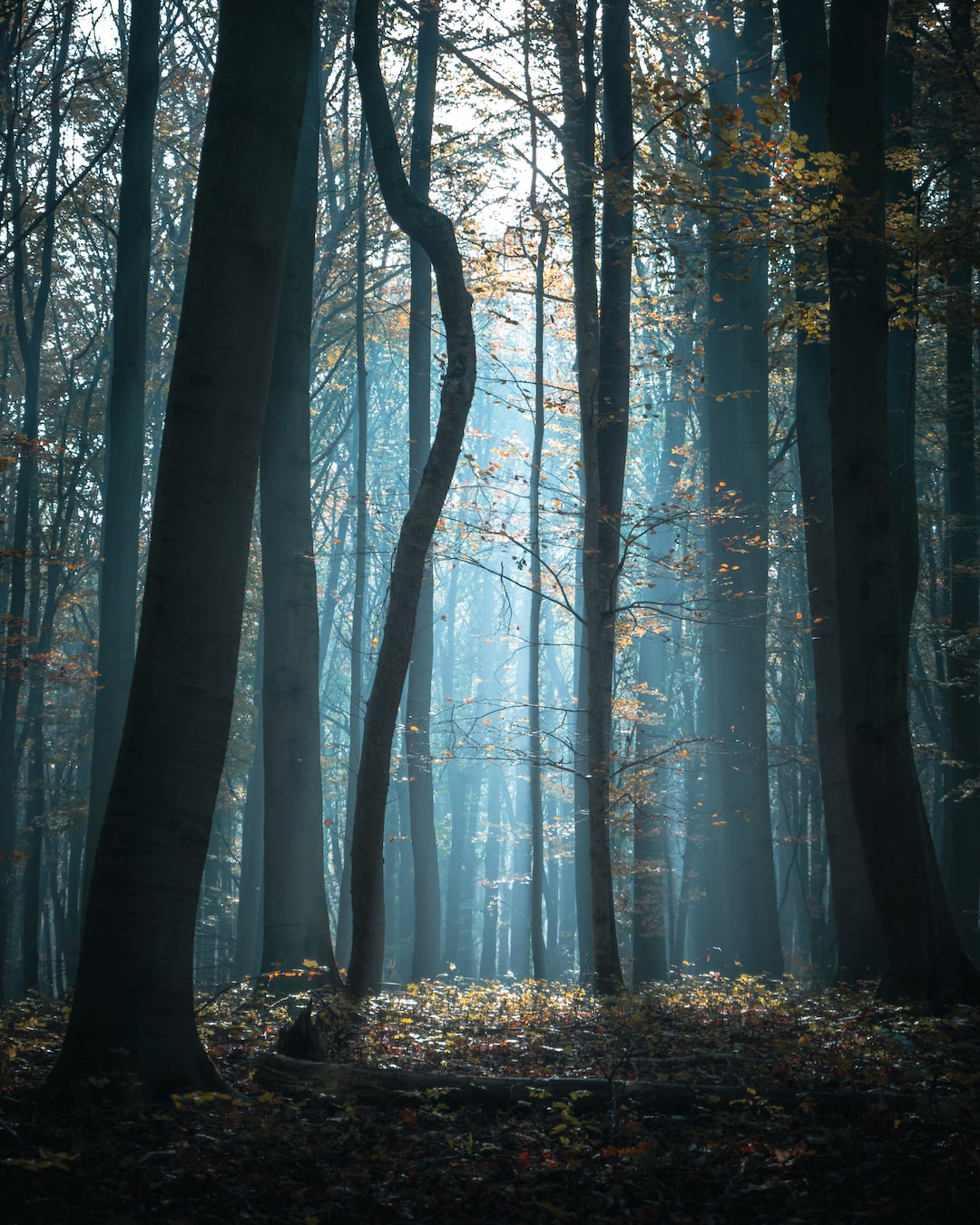How to Stay Safe While Camping Alone
Camping alone can be an incredibly rewarding experience. It allows you to disconnect from the hustle and bustle of daily life and immerse yourself in nature. However, camping alone also comes with its own set of challenges and safety concerns. Whether you are an experienced camper or a novice, it is important to take certain precautions to ensure your safety while camping alone. Here are some tips to keep in mind:
1. Choose the right camping spot:
When camping alone, it’s crucial to choose a camping spot that is well-traveled and has good mobile phone reception. Look for established campgrounds that have designated spots for campers. These areas are often monitored and provide a sense of security. Avoid secluded wilderness areas or camping in remote locations, especially if you are new to camping alone.
2. Research your destination:
Before embarking on your solo camping trip, do thorough research on the location. Familiarize yourself with any potential dangers such as wildlife encounters, extreme weather conditions, or local regulations. Knowing what to expect will allow you to plan accordingly and take necessary precautions.
3. Inform others of your plans:
Always let someone reliable know about your camping plans, including the exact location and duration of your trip. This way, in case of an emergency or any unexpected situation, they will know where to find you. Regularly update them on your progress, especially if your plan changes.
4. Pack essential safety gear:
Having the right equipment is crucial when camping alone. Pack a first-aid kit that includes essential items such as bandages, antiseptic ointment, pain relievers, and any necessary prescription medications. Additionally, carry a map, compass, whistle, flashlight, and extra batteries. These items can be lifesavers if you get lost or encounter any emergency situations.
5. Practice self-defense:
While camping alone, it is important to be prepared for potential dangers. Carry a self-defense tool such as pepper spray or a whistle to ward off aggressive animals or unwanted intruders. Consider taking self-defense courses before embarking on your trip to enhance your confidence and personal safety.
6. Set up camp during daylight:
Always arrive at your chosen campsite with enough daylight to set up camp. This will help familiarize yourself with the surroundings and avoid any potential hazards. Pitch your tent in an open area away from hazards like dead trees or steep slopes. Be mindful of your surroundings and look for signs of animal activity nearby.
7. Stay alert and aware:
When camping alone, it is important to stay alert and aware of your surroundings at all times. Pay attention to any unusual sounds or movements. Wildlife encounters can be fascinating but make sure to keep a safe distance and avoid feeding or approaching them. Always secure your food and trash properly to prevent attracting any unwanted animals to your campsite.
8. Practice fire safety:
Campfires are an essential part of camping but can also be dangerous if not handled properly. Use designated fire rings or pits and keep a safe distance from your tent. Always have a water source nearby to extinguish the fire. Make sure to fully extinguish the fire before leaving the campsite or going to sleep.
9. Trust your instincts:
One of the most important aspects of camping alone is to trust your instincts. If something feels off or you sense danger, listen to your gut and take appropriate action. It’s better to be safe and leave the area if you feel uncomfortable or sense any potential threats.
10. Enjoy the solitude:
Finally, while being cautious and taking safety measures, don’t forget to enjoy the solitude and tranquility of camping alone. Appreciate the beauty of nature, unwind, and recharge. Just ensure that you have taken all necessary precautions to stay safe throughout your camping experience.
In conclusion, camping alone can be an incredible adventure, but it is important to prioritize your safety. By choosing the right camping spot, informing others, packing essential safety gear, and practicing self-defense, you can significantly reduce any potential risks. Stay alert, trust your instincts, and always be prepared for any unexpected situations. Happy camping!

